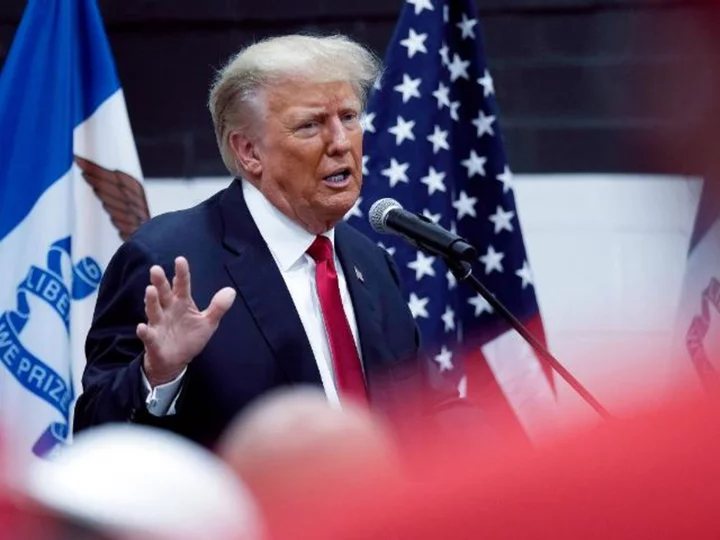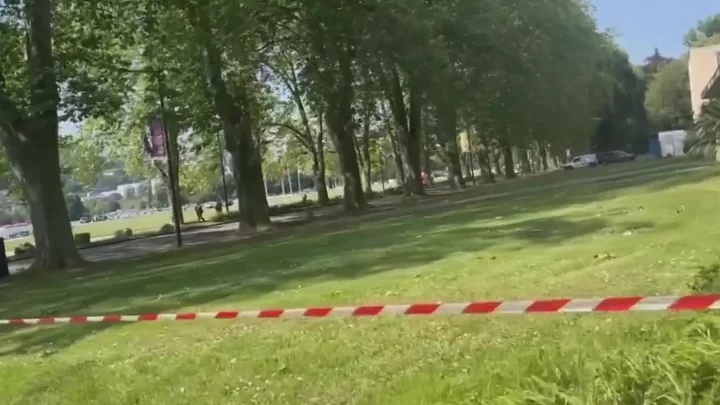The Supreme Court agreed Monday to take up a trademark dispute over an individual's wish to register "Trump too small" as a slogan for T-shirts and hats.
The case is the latest dispute before the court to pit the First Amendment against federal trademark law.
The man, California attorney Steve Elster, said he sought the mark as a part of political commentary targeting now-former President Donald Trump. The phrase "Trump too small" stemmed from an exchange between Trump and Florida GOP Sen. Marco Rubio during a 2016 presidential primary debate.
According to his registration request, Elster aims to "convey that some features of President Trump and his policies are diminutive."
The US Patent and Trademark Office refused registration because the use of the name "Trump" would be construed by the public as a reference to Trump, and without the former president's consent, the registration must be refused.
Elster appealed to the USPTO's Trademark Trial and Appeal Board, which ultimately refused registration. An appeals court reversed, holding that the refusal -- under a section of the Lanham Act, a federal trademark law -- violated the First Amendment.
"The PTO's refusal to register Elster's mark cannot be sustained because the government does not have a privacy or publicity interest in restricting speech critical of government officials or public figures in the trademark context -- at least absent actual malice, which is not alleged here," the US Court of Appeals for the Federal Circuit held.
Solicitor General Elizabeth Prelogar asked the Supreme Court to take up the case to consider the appeals court's decision.
Prelogar argued in court papers that under the Lanham Act, the USPTO can refuse registration of a mark that "consists of or comprises a name ... identifying a particular living individual except by his written consent."
The case will be heard next term.









